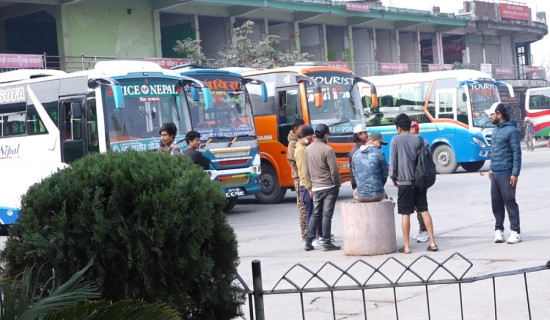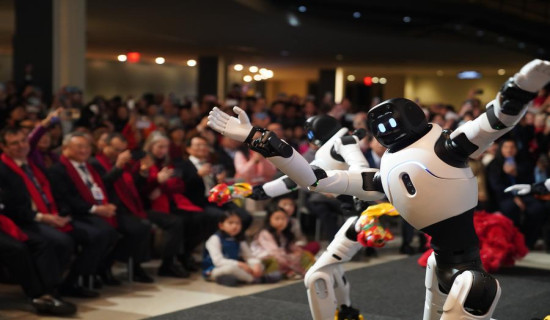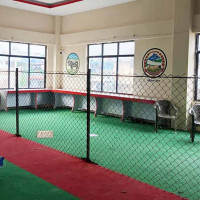- Wednesday, 4 March 2026
Gen Z’s Dreams And Doubts
Nepal’s ground shook on September 8 and 9 as thousands of youth poured into the streets. Their banners and shouts were simple: lift the social media ban, end corruption. But what started as a passionate protest turned tragic. Lives were lost. Monuments and local businesses were ruined. The soul of the nation felt wounded.
For many young people, this was the breaking point — not just over platforms being blocked but over a lifetime of feeling betrayed. They watched older political figures cling to power, offering change only to deliver more of the same. Sympathy for promises turned sour as corruption stayed alive under new facades. After ten years under the new constitution, Nepal has had ten prime ministers. That’s not a sign of democracy in motion—it’s a sign of stagnation.
Inside every political party, internal democracy is nearly dead. Young voices are silenced, and senior figures refuse to let go. Rather than injecting fresh perspectives, elections merely shuffle familiar faces. Alliances seem more like performances — grandiose, hollow, and increasingly exhausting for a public that longs for real substance.
When leaders reach power without understanding responsibility or morality, politics becomes a dirty business. The slogan “Singha Durbar to the villages” promised to decentralise authority—but often only decentralised corruption. When local officials earn paychecks and ride in official vehicles, many cease seeing public service as a duty; they see it as personal gain.
That breadth of disillusionment fueled Gen Z’s resolve. On Bhadra 23, they gathered peacefully. But by the 24th, state forces answered with bullets. Children became casualties. Heritage buildings were defaced. Shops and homes became rubble. Over seventy dead, and untold trauma for those who saw it all unfold.
Still, the clarity of purpose was never lost. This movement is rooted in a simple, powerful dream: a corruption-free society. One where leaders aren’t born into privilege but earn it through integrity. One where public office means service, not a path to benefit oneself. Where ordinary people believe in politics again—not because they get bribed, but because they see change.
The branded slogans —“Your sons in cars, we in the Gulf”— aren’t just chants. They’re frustrations turned into words. And young students, driven by that promise of something better, joined in—not for fame or fortune, but for the future.
In response, a non-political, interim government was formed, led by former Chief Justice Sushila Karki, with a pledge to hold elections within six months. But pledges are not enough when so much has been damaged. So far, the institutions that should protect rights, check abuses, and investigate corruption — those are weak, incomplete, or delayed. And without them, promises feel like illusions.
Some of the old guard are already trying to rewrite history—saying that past acts were just “appropriate for their time.” But for many youth, that’s not enough. They want structures changed so that anniversary promises don’t become forgotten anniversaries of shame.
What needs to happen is clear: the electoral system must change—not just who runs, but how those running are chosen; those who ordered violence during the protests must be held accountable; leaders who misused power must have their corruptly obtained assets uncovered, seized, and redirected toward public good and the path forward must include reform that is real—and visible.
There’s fear now that the momentum will be swallowed up by old politics. That elections will restore old faces, wearing new clothes. That the protests will be remembered, but not respected. That blood will have been shed only to maintain the status quo. The Gen Z did more than protest: they showed they care. They exposed the pain, the outrage, the desperation of young people who don’t want to leave—but who feel like leaving is the only hope. They showed they matter.
If leaders have any sincerity, this is their moment. Not to promise more, but to do more: build institutions that serve, not exploit; enforce law, not fear; offer dignity, not charity. If this moment slips away, the doubts will grow—but the dreams will still loom large, waiting for someone brave enough to turn them real. Because in the end, it’s not just about politics. It’s about a generation reclaiming hope. And hope is not something easily trashed.















